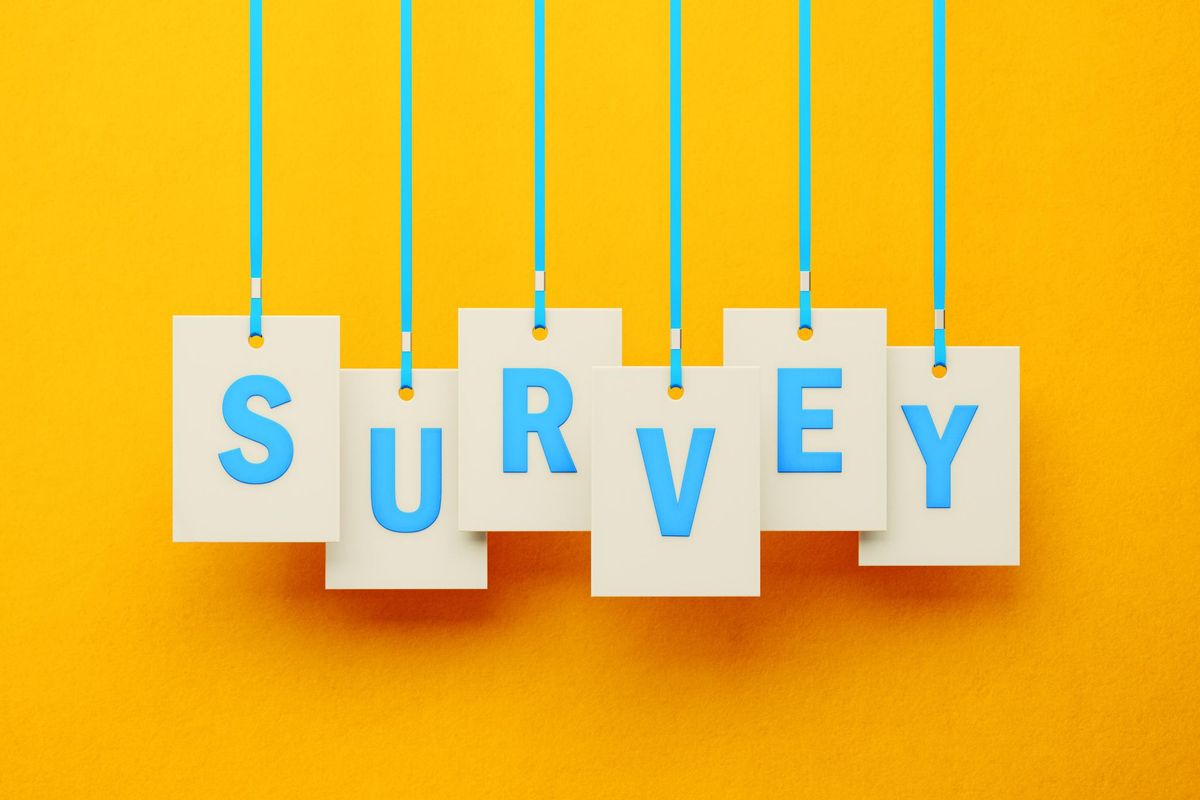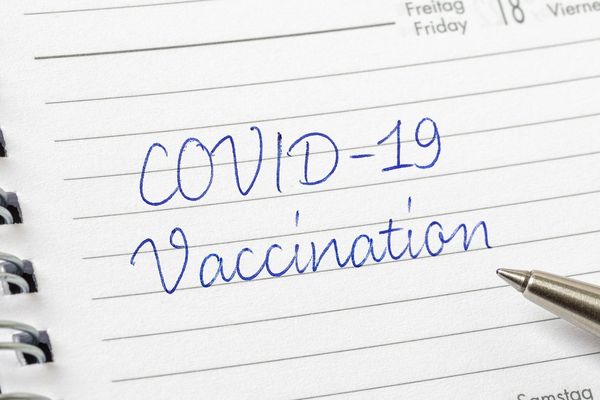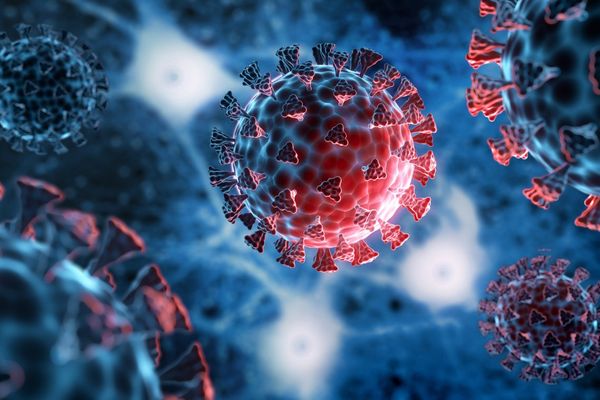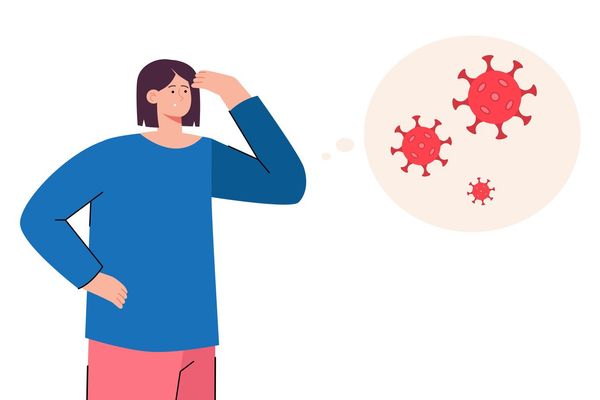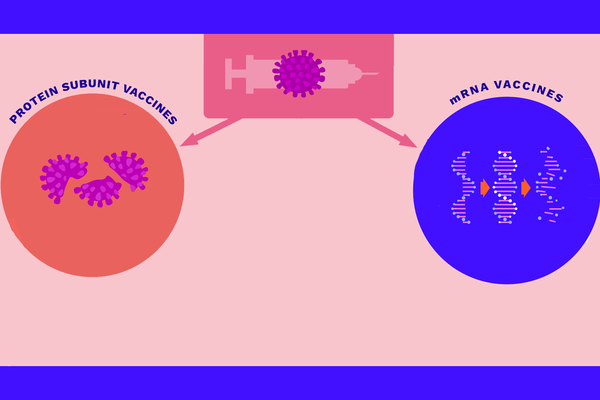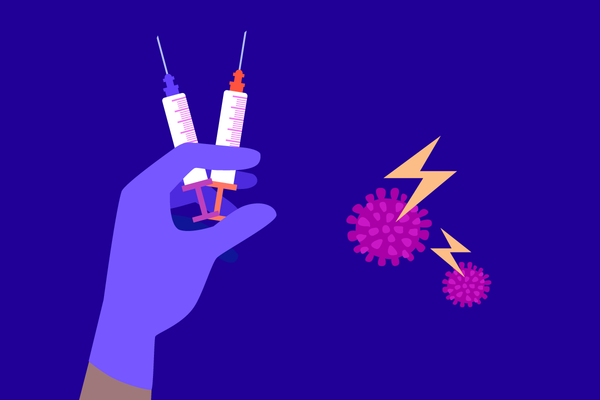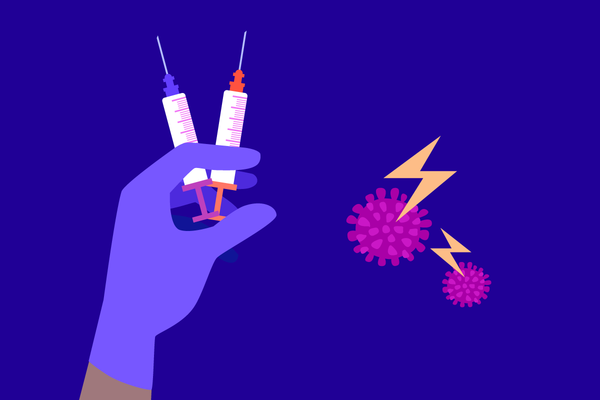When it comes to the COVID-19 vaccine and its safety, there's a lot of information to sift through. Some of it's true — and some of it's not.
So, we reached out to Dr. Lisa Larkin, a board-certified internist, vaccine distributor for Ohio and member of HealthyWomen's Women's Health Advisory Council, to clear up misconceptions and learn more about the COVID-19 vaccines.
Vaccines 101
Vaccines play an important role in reducing the spread of viruses, including measles and polio, which claimed thousands of lives before being nearly eliminated through vaccines and herd immunity. Herd immunity is what happens when a disease cannot readily spread from person to person because a high percentage of the community is immune as a result of vaccinations or previous infection.
Public health officials are hoping to get enough people vaccinated as quickly as possible for us to achieve herd immunity to overcome the pandemic. To achieve that, Dr. Anthony Fauci, President Biden's chief medical advisor, has estimated that we need between 70% and 80% of the population to receive the COVID-19 vaccine.
But, according to a survey by HealthyWomen, which ran from November 12, 2020, to January 4, 2021, and had 3,067 respondents, less than half (47%) were certain they'd get vaccinated once the vaccine is available to them.
Dr. Larkin, who received her first dose of the Moderna vaccine before we spoke, said she understands some concerns about the vaccine but believes the speedy development of the vaccine was the appropriate response to the devastating pandemic. "I say this is one of the few successes of the COVID pandemic in terms of what we've been able to accomplish very quickly," Larkin said.
COVID-19 Vaccines
Currently, two vaccines have been authorized for use in the U.S. — one from Pfizer-BioNTech and one from Moderna. Another three are in large-scale clinical trials and about four dozen more are in early stage trials in the U.S.. Both the Pfizer and Moderna vaccines are mRNA vaccines, which use material from the virus to teach cells how to fight a future infection of COVID-19. It typically takes several weeks after receiving the vaccine for the body to produce the cells needed for immunity.
Both vaccines require two doses to ensure the most protection available. Some people develop flu-like symptoms following the vaccine, and side effects are more commonly felt after the second dose. This is a normal response and a sign the body is building immunity. Both vaccines can produce similar side effects. People don't currently have a choice as to which they're given. Larkin said, "It's whatever one is available where you're supposed to get it."
It's still unknown whether vaccinated people can pass the virus on to others. Until we know more, masks and social distancing will remain necessary.
Vaccine Concerns
"Worried about vaccine safety"
Among the 1,253 survey respondents who indicated that they were not getting the vaccine or were unsure whether they would, the overwhelming majority, 71%, indicated that they were worried about vaccine safety.
According to Larkin, the basic technology behind the vaccines is sound due to existing, pre-pandemic research on getting the body to produce neutralizing antibodies. This, along with an influx in funding vaccine research, aided in the quick development of the vaccines. The pharmaceutical companies were able to run several large trials at the same time. "The studies were very well done; they were large and they had a diverse population," Larkin said.
Still, noting the speed with which the COVID-19 vaccines were developed, she understands the concern. She confirmed healthcare providers are seeing slight differences in side effects between the trials and rollout, but said this is normal. Nearly all vaccines and all medications (and supplements) have potential side effects. Johns Hopkins Medicine reports none of the trials have reported any serious safety concerns, and monitoring is ongoing.
"The vaccine is safe and effective," Larkin said. While there may be some side effects, those are almost always less dangerous than the virus itself. "Yes, [you] may have side effects, but it's to protect you, your loved ones and people you don't know in the community — and to help us get our economy and our life, as a nation, back on track."
"Unsure how well it works"
Twenty-five percent of respondents who weren't planning to get the vaccine or felt uncertain cited being unsure of how well the vaccine works as the reason behind their hesitancy. It may be comforting to hear that Pfizer's vaccine has an efficacy rate of 95%, and Moderna's efficacy rate is 94.1% — meaning roughly 95% of vaccinated people are protected from becoming seriously ill with the virus, according to the Mayo Clinic. By comparison, the flu shot is usually between 40% and 60% effective. "The data is really clear, the [COVID-19] vaccines work very well," Larkin said.
We don't know yet how long the vaccines' protection lasts, and the CDC and Mayo Clinic say we won't know until there's more data. Like so many things with the COVID-19 pandemic, we will have to wait to get more information.
"Don't think I need it"
Twelve percent of our respondents who aren't getting the vaccine or are undecided told us that they don't think they need it. However, Larkin encourages everyone to get vaccinated. While the coronavirus is particularly dangerous to older people and those with certain preexisting conditions, young, otherwise healthy people are capable of developing serious COVID-19 infections as well. One study found that, during the first five months of the pandemic, 38% of the deaths in Americans aged 25 to 44 were caused by COVID-19.
And, even if you're not at risk for serious illness from the virus, getting vaccinated can help keep others safe, including your own family members and loved ones, and help us get to herd immunity more quickly as a society. "The more people that are immunized (vaccinated) within a population, the less the infection spreads," Larkin said. "You're protecting other people by getting your immunization in addition to protecting yourself."
If you've had COVID within the last 90 days, you're still immune, but it's unclear how long your immunity will last, Larkin said. Getting vaccinated is still important: Scientists suspect vaccine immunity will be stronger than immunity gained from having COVID.
"It may cost too much"
Some of our respondents, almost 7%, indicated that they weren't planning to get the vaccine because they were concerned it may cost too much. The good news is that both vaccines are free — even if you're uninsured. Some providers charge for giving the shot, but that may be reimbursable through private and public insurers. You can check with your specific health plan provider to find out.
Those without insurance are covered by the Health Resources and Services Administration's Provider Relief Fund under the CARES Act Provider Relief Fund. "No one can be denied a vaccine if they are unable to pay the vaccine administration fee," according to the CDC website.
This resource was created with support from Merck and Pfizer.

